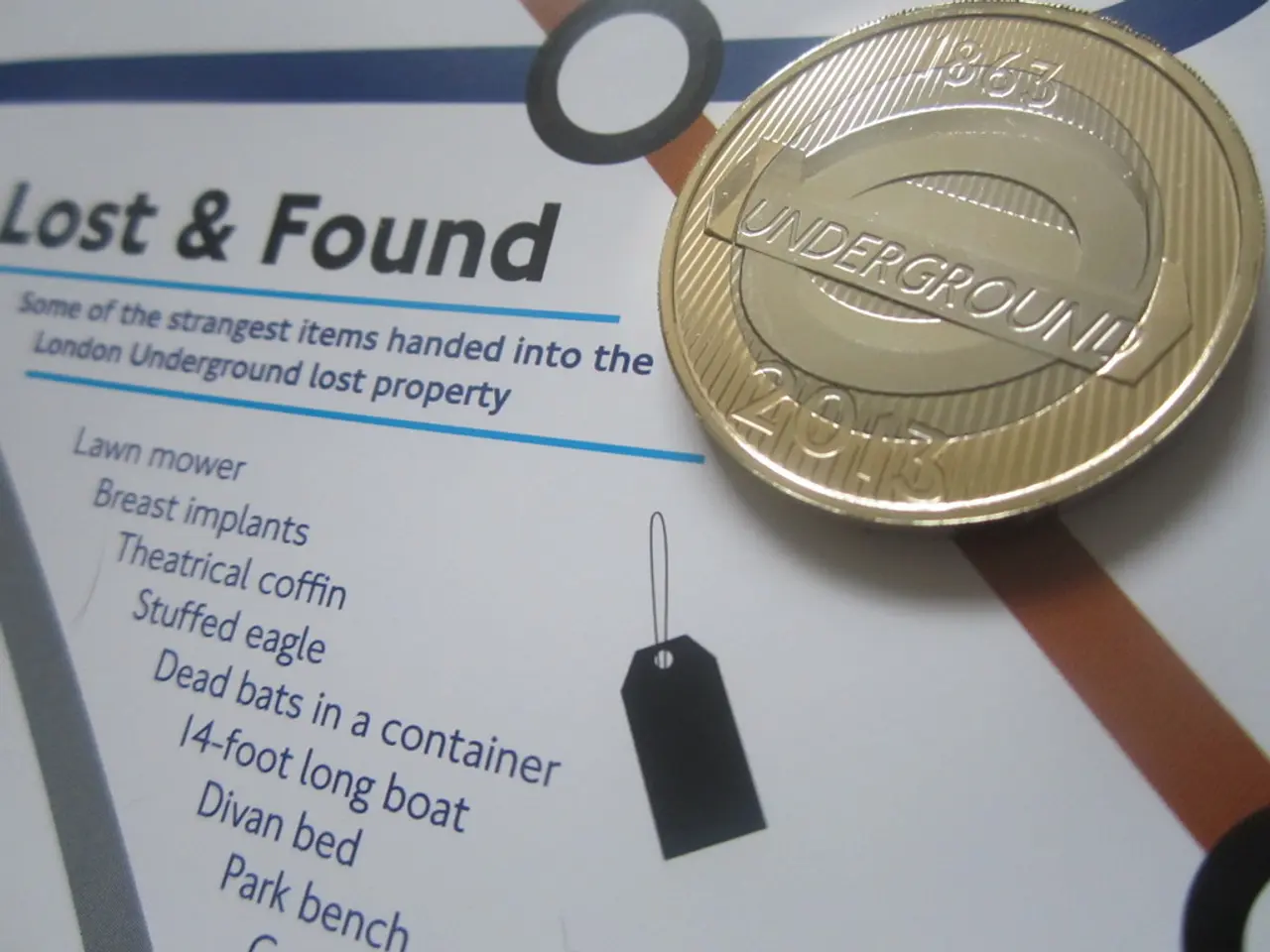Shifting the Migration Landscape: Chancellor's Office Outlines Changes
The administration aims to bolster immigration restrictions.
The recent legal setback on border rejections has prompted the federal government to brace itself for a tougher battle in justifying its stance. Chancellor's Office head Frei remains steadfast, assuring that a migration shift is on the horizon, all while adhering to legal boundaries.
In the ongoing dispute over asylum seekers, Frei brushes off allegations of disregarding court rulings. He clarifies, "While we may not have prevailed in the initial decision, we will closely examine the ruling and potentially offer a more robust justification."
On the political front, Federal Government spokesperson Dobrindt hints at an "Asylum Shift," seeking greater autonomy in determining safe countries of origin.
Frei remains unfazed by the interim ruling from the Berlin Administrative Court, acknowledging that such outcomes were anticipated. Nevertheless, he is adamant: "The migration shift is coming."
Dobrindt also addressed migration policies in a recent appearance on ARD and ZDF, asserting that the overburdening of member states can be validated.
Frei emphasizes the importance of brief border controls, acknowledging that internal border checks are far from ideal. "We reluctantly enforce internal border checks due to the lack of effective external border protection," he states. Nonetheless, he reaffirms the goal of strengthening European external borders to restore the Schengen area's free movement.
When probed about national measures, Frei expresses that they will continue to be necessary but solutions to migration challenges must be addressed on a European scale.
European Migration Trends
- Ukrainian Temporary Protection: The European Commission has proposed a temporary protection extension for Ukrainians fleeing Russia's aggression until March 2027, ensuring legal consistency across EU states.
- Strengthened Return Policy: The EU is emphasizing voluntary returns, reinforcing legal frameworks, and improving cooperation with partner countries to streamline return procedures.
- Changes in Asylum Seekers and Border Control: New policies aim to toughen return procedures, potentially affecting asylum seekers without valid claims. The EU is also exploring outsourcing migration control to non-EU states and increased cooperation, leading to potentially stricter border controls.
As the Chancellor's Office navigates migration policy, broader European developments provide a contextual backdrop for potential shifts in asylum seeker policies and border controls.
The Chancellor's Office, in alignment with the European Commission, is pursuing changes in asylum seeker policies and border controls, including a strengthened return policy and potential partnerships with non-EU states for outsourcing migration control ('employment policy', 'migration', 'politics', 'general-news'). Frei, the head of the Chancellor's Office, emphasizes that the migration shift will involve tougher return procedures for asylum seekers without valid claims ('Community policy', 'employment policy', 'employment policy', 'employment policy', 'employment policy', 'employment policy'). European trends in migration, such as the extension of temporary protection for Ukrainian refugees, offer a larger context for these planned policy changes ('general-news').








